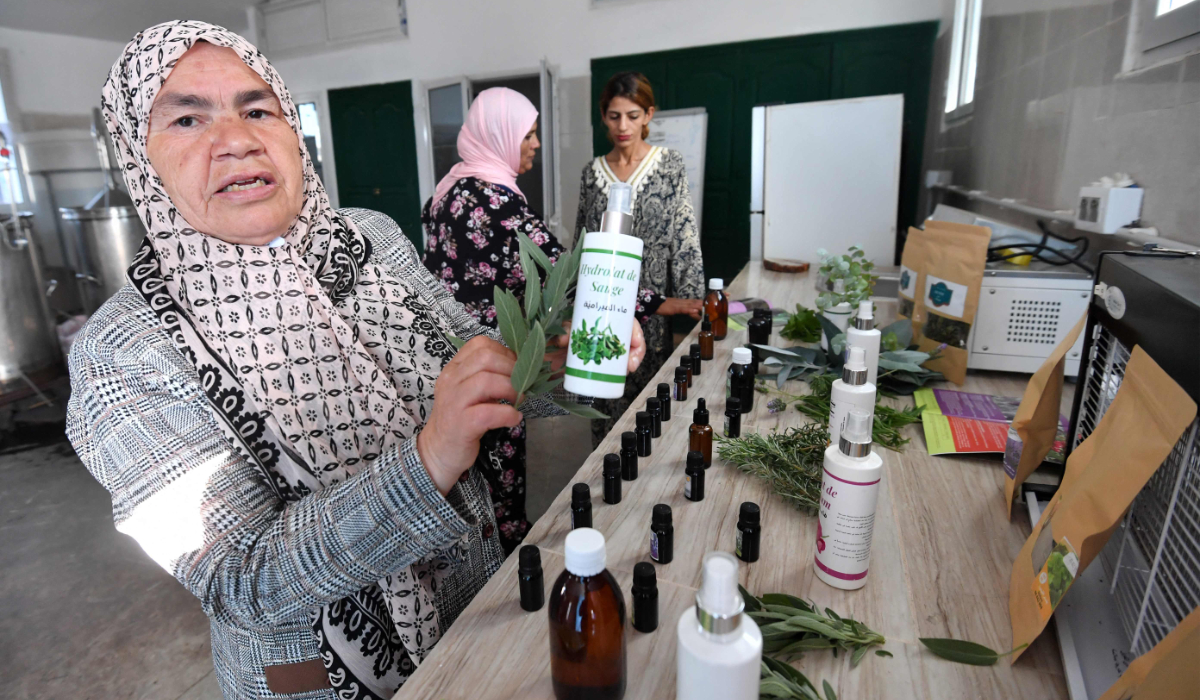ANKARA: Turkish President Recep Tayyip Erdogan is dispatching a high-powered business and political delegation to Libya to cash in on opportunities when the civil war ends.
Company chiefs and Erdogan allies are expected to arrive in Libya in the next two weeks to seek deals in oil exploration, construction, banking and manufacturing.
Turkey has prolonged the conflict in Libya by intervening on the side of the Government of National Accord (GNA) in Tripoli, reversing a 15-month offensive by Libyan National Army (LNA) forces led by eastern military chief Khalifa Haftar.
With help from mercenaries supplied by Turkey, the GNA repelled an assault on Tripoli and pushed Haftar’s troops back. Fighting continues near the city of Sirte, but Erdogan has made it increasingly clear that he expects economic benefits from supporting the GNA, and a political delegation has already visited Tripoli in June.
SPOTLIGHT: With foothold in Libya, Erdogan’s Turkey eyes influence and energy riches
Sources in Ankara said a “committee” of business representatives would go to Libya and establish a business plan, with an initial focus on meeting Libya’s energy needs and restoring its infrastructure.
Turkish state lenders will help set up Libya’s banking system and regulator, and work is being done to funnel payments through Turkey for key Libyan imports, one official said.
Companies in Turkey have long been active in Libya, setting up power grids and building homes. The backlog of building contracts alone amounts to $16 billion. But projects were interrupted by the civil war, and contractors have been unable to travel because of the coronavirus pandemic.
With 10 hours of power cuts a day in Libya, Turkish power company Karadeniz Holding is in talks with Tripoli to sell 1,000 megawatts of electricity. Turkish exports to Libya are $2 billion a year, and imports are $350 million.
Ryan Bohl, a regional analyst with the Stratfor geopolitical consultancy, told Arab News that investment and economic aid to Libya would be of little direct benefit to Turkey, but could boost Erdogan’s soft power.
“Investments like these … require stability to take root and be effective. Right now, such investments are a risk, in that they may get caught up in the fighting, or supplies may be disrupted as front lines in the conflict change.
“It is a long game, hoping to build up soft power that lets Turkey maintain stature in Libya for many years to come, but it’s a potential risk that these investments simply get eaten up in fighting or instability before they really have a chance to become productive.”




























